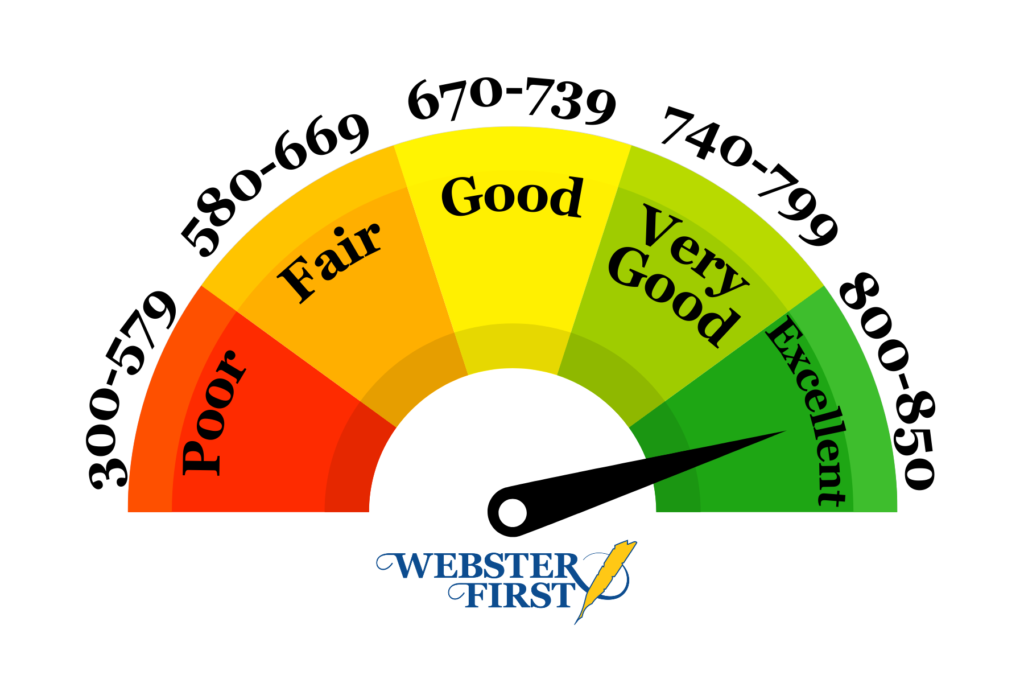
How we make money
You have money questions. Bankrate has answers. For more than 40 years, our professionals have assisted you in managing your finances. We always work to give customers the professional guidance and resources they need to be successful on their financial journey.
Because Bankrate adheres to strict editorial standards, you can rely on our content to be truthful and accurate. Our team of distinguished editors and reporters produces truthful and precise content to assist you in making wise financial decisions. Our editorial team produces factual, unbiased content that is unaffected by our sponsors.
By outlining our revenue streams, we are open and honest about how we are able to provide you with high-quality material, affordable prices, and practical tools.
Bankrate. com is an independent, advertising-supported publisher and comparison service. We receive payment when you click on specific links that we post on our website or when sponsored goods and services are displayed on it. Therefore, this compensation may affect the placement, order, and style of products within listing categories, with the exception of our mortgage, home equity, and other home lending products, where legal prohibitions apply. The way and location of products on this website can also be affected by other variables, like our own unique website policies and whether or not they are available in your area or within your own credit score range. Although we make an effort to present a variety of offers, Bankrate does not contain details about all financial or credit products or services.
- A formula that accounts for five distinct contributing factors determines your credit score.
- The reason(s) why your credit score was initially lower will determine how long it takes to raise it.
- The better it will appear on your credit score, the longer your accounts are open and in good standing.
- You can improve your credit score in a number of ways, the first of which is to always make your payments on time.
You may find yourself wondering, “How quickly can you raise your credit score?” particularly if you want to make a major purchase or be eligible for a credit card that is more exclusive. Although there isn’t a single solution that works for everyone, there are steps you can take to help bring your credit score closer to your desired level.
To put it simply, the length of time it will take to raise your credit score is determined by the initial reason it needs to be raised. You might be able to raise your score in a matter of months if it is low because you don’t have a lot of credit history or you are just beginning the process of building credit.
If your credit score is low due to your debt load, it might take a little longer, but selecting the best debt relief plan can help you get back on track.
Rebuilding your creditworthiness after missing payments or declaring bankruptcy will require even more perseverance if you have damaged your creditworthiness. In certain cases, a full recovery can take years.
Consider your credit report as a chronicle of your previous interactions with credit. For example, if you routinely missed or made late payments, those negative marks are probably going to remain on your record for a very long period. Let’s examine the duration of various negative marks on your credit report, the time it takes to raise your credit score, and some of the best actions you can do to do so.
Raising your score depends on your starting point
Your credit score is calculated using a formula that takes into account five main factors, not just a subjective assessment. The following elements, which are ranked from most significant to least important, can all impact your credit score:
- Payment history (35 percent)
- Credit utilization (30 percent)
- Length of credit history (15 percent)
- Credit mix (10 percent)
- New credit (10 percent)
Being new to credit cards makes it easier to improve your credit profile because the most important factor is a history of consistent on-time payments. As long as you can avoid missing a credit card payment, you should be able to increase your creditworthiness quickly if you establish a routine of paying your bills on time each month.
The percentage of your overall credit limit that you use for all of your credit lines is known as your credit utilization ratio, or debt-to-available-credit ratio. Generally, to maintain good standing, you should maintain this percentage between 10 and 30 percent. By lowering this ratio, obtaining a credit limit increase or opening new card accounts can aid in credit development, but that isn’t the only requirement. Your credit score is raised when you pay off your outstanding debts because it also increases your credit utilization.
The average age of your credit accounts is what is referred to as your credit history. The longer an account has been open, the better, so if you want to avoid having bad credit, you might want to hold off on closing an old account. In most cases, it’s better to keep your existing credit card accounts open rather than canceling them, though there are exceptions.
Your credit score may rise if you include new debt in your profile, such as personal or auto loans, which will improve the mix of your credit. Generally speaking, it’s advantageous to open new credit card accounts and other debt if you can make the payments. Having said that, avoid applying for too many new credit sources at once. Credit issuers will not see this favorably, and it could become too much of a financial strain to handle.
It can take years to rebuild your credit if you want to raise your score after you’ve missed credit card or loan payments, filed for bankruptcy, defaulted on a loan, had a loan turned over to a collection agency, or had any other significant financial difficulties. However, the process almost always starts with the laborious task of controlling your spending and creating a budget so that you can consistently make on-time payments each month.
How long does it take for your credit score to go up?
A number of variables determine how long it takes to improve your credit score. There is no set formula that will specify when your credit will recover, but some important factors to consider are your spending patterns, the original reason for your low score, and your current position. Nonetheless, FICO data indicates how long it might take to restore your score to its initial level following a financial setback. An estimate of the recovery time for those with fair to poor credit is provided in the following data.
| Event | Average credit score recovery time |
|---|---|
| Bankruptcy | 6+ years |
| Home foreclosure | 3 years |
| Missed/defaulted payment | 18 months |
| Late mortgage payment (30 to 90 days) | 9 months |
| Closing credit card account | 3 months |
| Maxed credit card account | 3 months |
| Applying for a new credit card | 3 months |
How long do derogatory marks stay on your credit report?
Your credit score is determined by the three credit bureaus (Equifax, Experian, and TransUnion), but it is your lenders’ responsibility to get in touch with them to request information about you. This could be as easy as your credit card company notifying you that you increased or decreased your balances, or that you made your monthly payment on time. Every one of these activities improves your score, but because of the reporting process, there can be a little delay before your score changes.
Certain financial events can remain on your credit history for years, in addition to the possibility of a delay in the phone call between your credit issuer and the credit bureaus. Regretfully, the events that cause the greatest harm tend to persist the longest, so it’s best to anticipate which actions will cause the most harm:
| Event | Average time on credit report |
|---|---|
| Late payments | 7 years |
| Foreclosures | 7 years |
| Debt collections | Up to 7 years |
| Chapter 13 bankruptcy | 7 years |
| Chapter 7 bankruptcy | 10 years |
Although this information may seem concerning, there is good news: recency bias in the field of credit scoring is still very much in existence. The older items on your report, even if they are still there, carry less weight than the more recent ones.
Top ways to raise your credit score
You can attempt to raise your credit score in the near future in a number of ways.
Improving your credit utilization will likely have the quickest impact. This can be done by taking out a loan, increasing your credit limit, or creating a new credit account. There are also a few more things you can do to begin your path to a higher score, which are as follows:
- Make credit card payments on time. People without credit histories will find this activity especially beneficial as it gives them the opportunity to establish their credibility by being reliable from the start.
- Remove incorrect or negative information from your credit reports. You can frequently dispute inaccurate information or old information on your credit report in an effort to have the event removed.
- Hold old credit accounts. As you develop better habits, maintaining open accounts that extend your credit history will benefit your score.
- Become an authorized user. You are building on someone else’s credit history when an account holder adds you as an authorized user to an already-existing credit card account. To guarantee that the information appears on your credit report, make sure the account reports to each of the three major credit bureaus.
- Use a secured credit card. A secured credit card can help you raise your credit score if you have a poor credit history or score by establishing a record of responsible use. A line of credit with secured credit cards must be obtained with a deposit, and the line of credit is typically equal to the amount of the original deposit.
- Report rent and utility payments. If your landlord or property management company isn’t currently reporting your rent payments, you may need to use an alternative reporting service. A history of timely rent and utility payments can significantly improve your credit. Experian Boost, for instance, allows you to include these accounts in your credit history.
- Minimize credit inquiries. Applying for a new credit card lowers your credit score each time. By investigating the best credit options for your needs, you can prevent any unwarranted damage to your credit profile. You might even think about looking at pre-qualified credit card offers with a service like CardMatchTM.
Now is the ideal moment to address the issue of a low credit score, as it is with many other issues in life. You will be well on your way to establishing excellent credit by paying your bills on schedule and closely evaluating your needs.
Remember that achieving financial recovery can take months or even years. However, the best way to handle financial recovery is to be proactive, regardless of the situation you may find yourself in. Your credit score will thank you in the long run.



FAQ
How fast can your credit score go up?
Your credit score can rise by an arbitrary maximum of points in a single month. It all depends on your particular circumstances and the steps you’re taking to raise your credit score. In all likelihood, your credit score won’t rise by more than 10 points in a single month.
How long does it take to get to 700 credit score?
According to Experian, a consumer with a 500 credit score has typically had credit difficulties, possibly including multiple missed payments, loan defaults, or bankruptcy claims. It takes time to recover from those setbacks, but with the correct approach, you could reach a 700 within 18 months.
How long does it take to raise your credit score 100 points?
Some customers’ credit scores might even increase by 100 points in just 30 days. Reduce your credit utilization rate as one of the following actions can help you swiftly improve your credit score: Ask for late payment forgiveness.
Read More :
https://www.bankrate.com/personal-finance/credit/how-long-does-it-take-to-get-a-credit-score-up/
https://time.com/personal-finance/article/improve-credit-score/